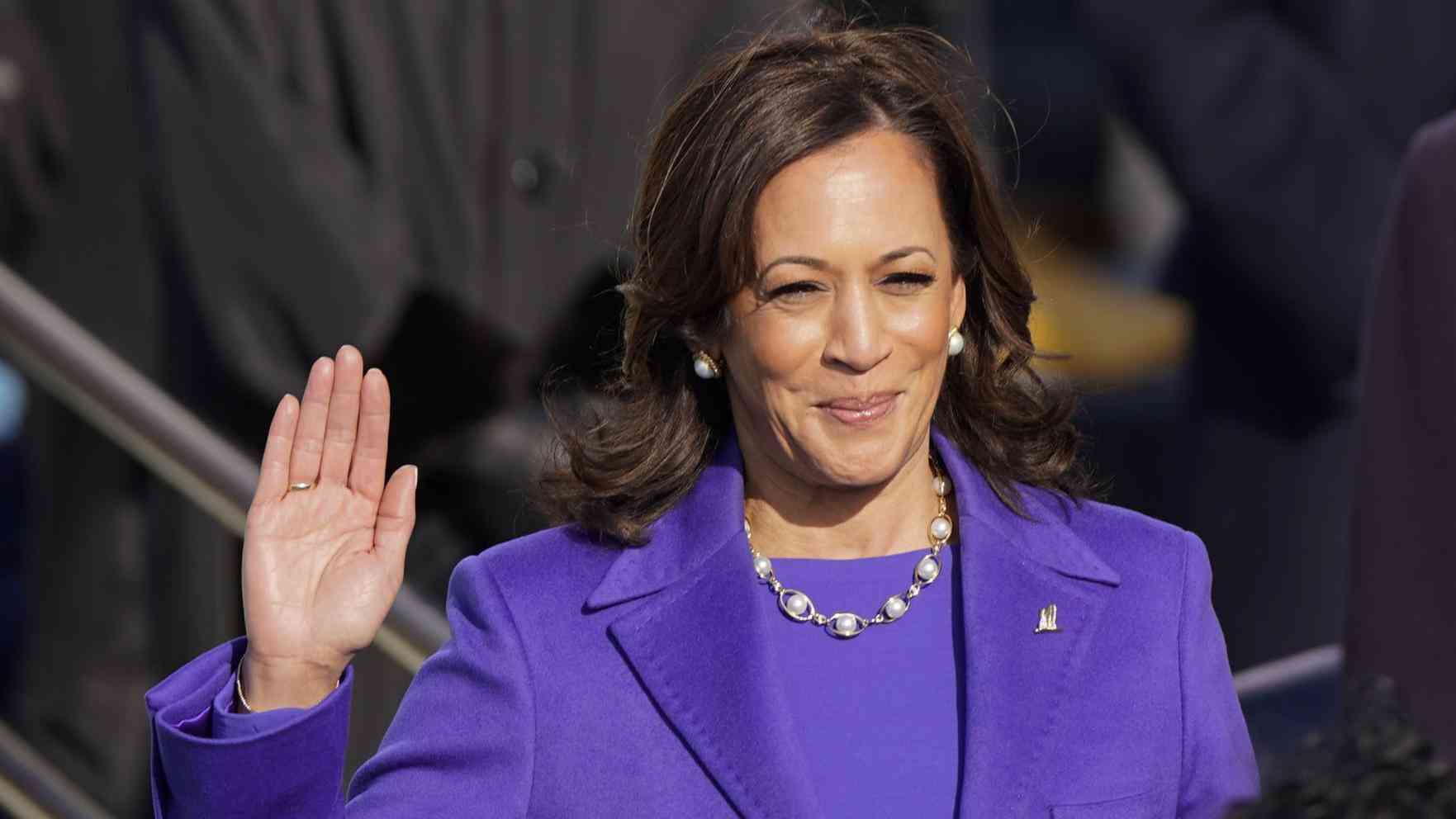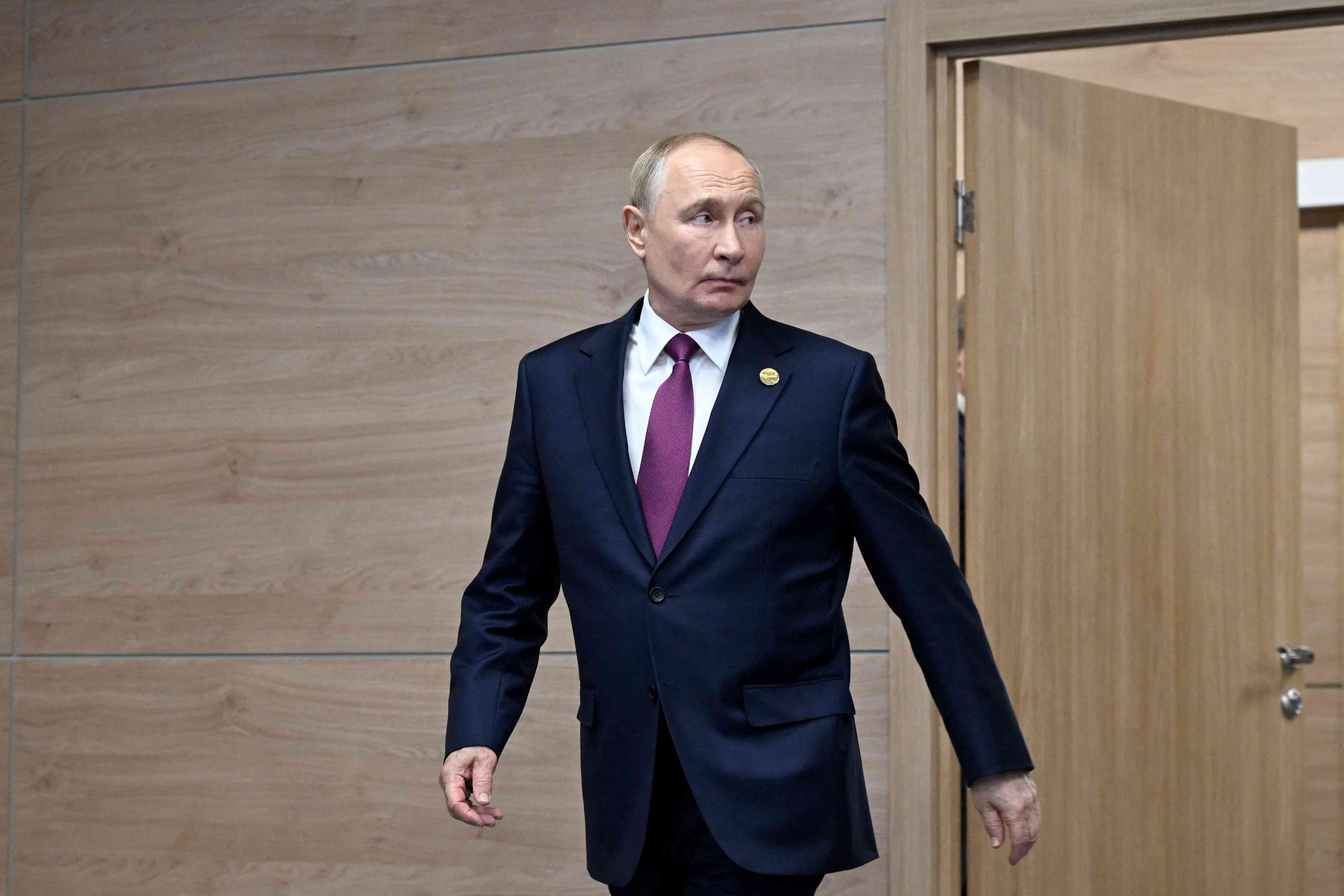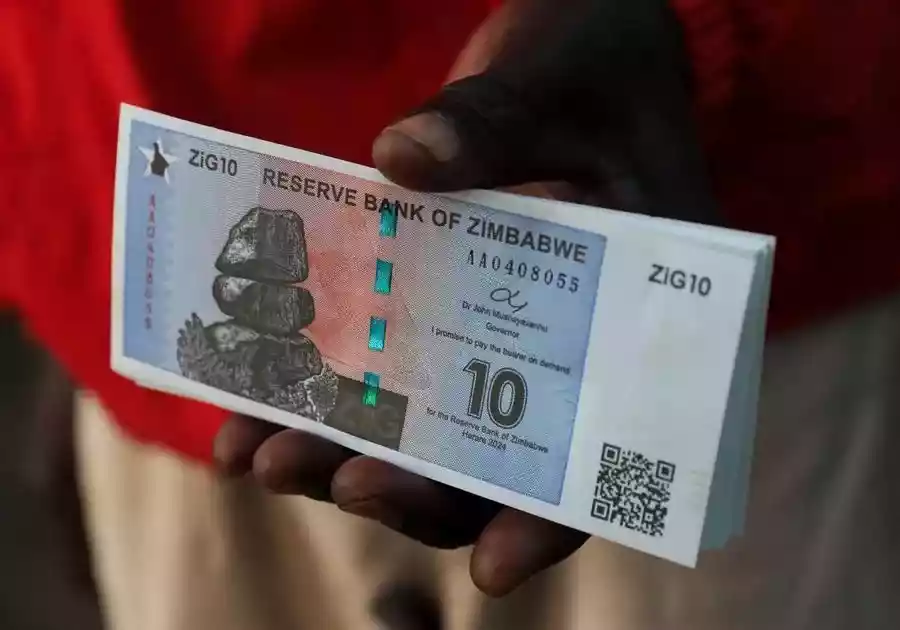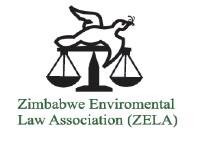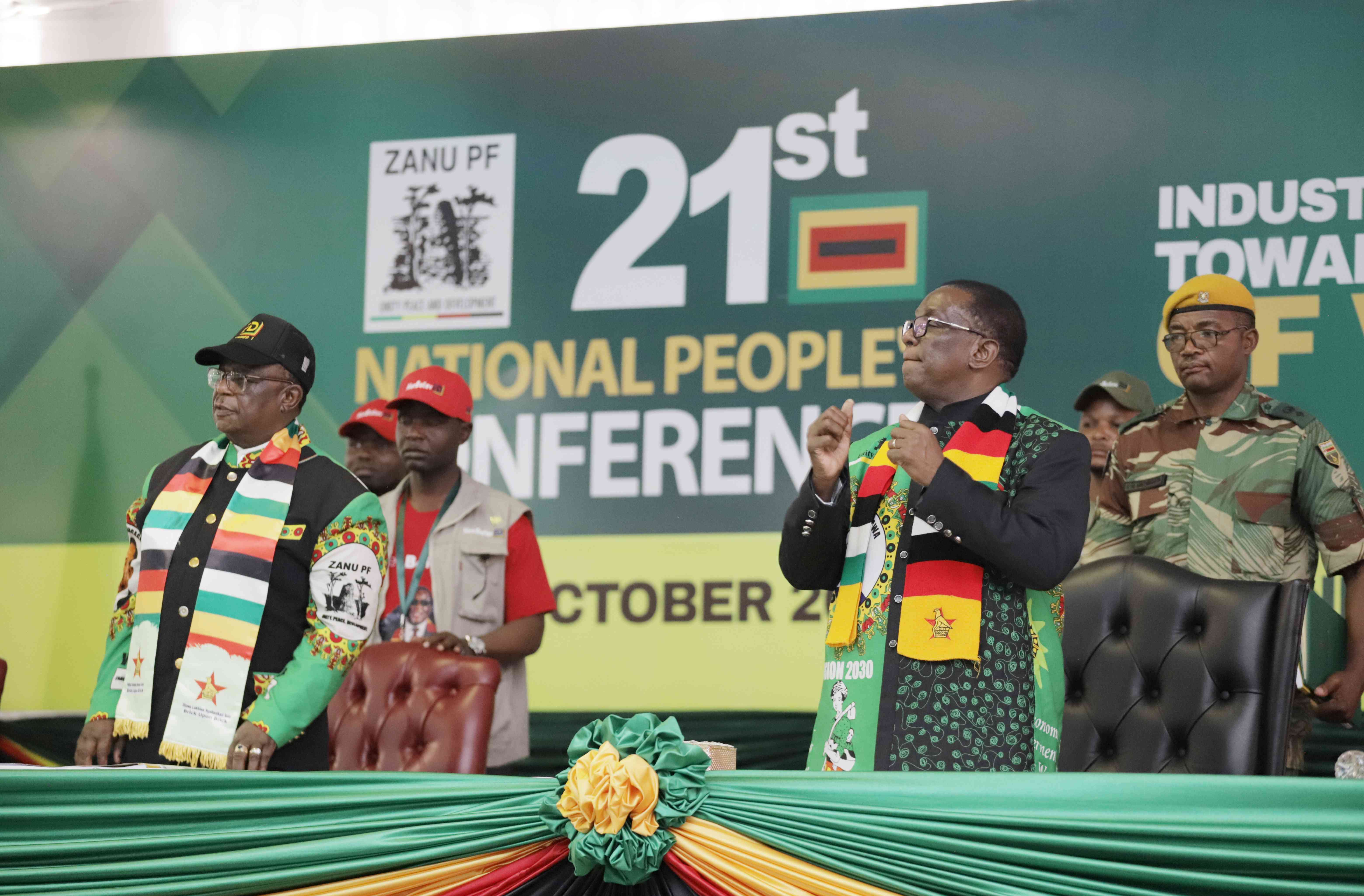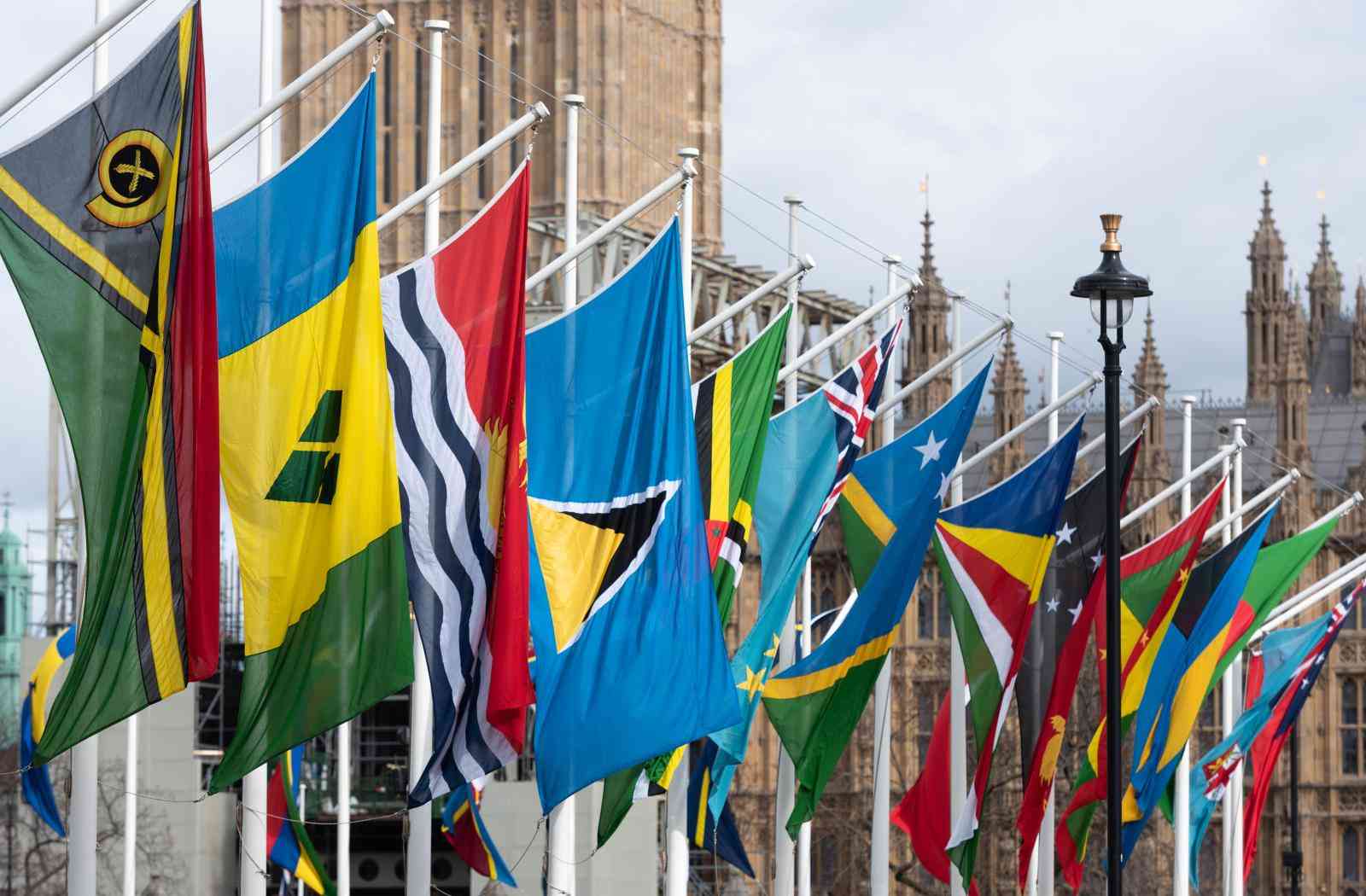
So, a Commonwealth team is in Zimbabwe to assess the situation and advise the club on whether or not we are a good candidate for re-admission.
Zimbabwe pulled out of the Commonwealth, a club of mostly former British colonies, in December 2003 after being suspended the previous year.
The administration of the late Robert Mugabe was miffed by the fact that the Commonwealth had insisted on placing Zimbabwe on indefinite suspension. There were hangers-on like former South African president, Thabo Mbeki, who had tried to argue that the suspension must be lifted.
The most memorable thing about Mbeki, by the way, is his strange thinking that, around 2008, Zimbabwe was facing no crisis. That dude was a despicable liar, of course. We were heaving under the worst cholera outbreak in our history. And state-sponsored operatives and militias were busy maiming and killing people whose only sin was based on the suspicion that they belonged or were linked to the political opposition; as if that’s a wrong thing to do.
The shop shelves were empty, there was no food or fuel, there was drought and everyone was a quintillion. Mbeki was an economist. We don’t know whether or not the London School of Economics had taught him a single thing about economic crises.
That side, though.
For the benefit of the Ama2000 Club, Zimbabwe was suspended from the Commonwealth because, in the opinion of the majority of club members, the government had violated fundamental principles of the Harare Declaration of 1991.
The principles that provoked the suspension were, on close scrutiny, mostly politically based, if ever there was something like that. The club was mostly worried by widespread human rights violations, a poor democracy record, worsening public governance, electoral fraud and violation of the rule of law. Political intolerance was growing after the formation of the MDC, people were getting killed for being associated with the party and you wouldn’t say the parliamentary and presidential elections that had happened in 2000 and 2002, respectively, were the fairest.
- Letter to my people: Mthuli Ncube is mounting a dead horse
- Arbitration insights: The origins of commercial arbitration
- News in depth: Mnangagwa administration elbows out British investor under a cloud
- Letter to my people: Mthuli Ncube is mounting a dead horse
Keep Reading
At the same time, there was concern around a captured judiciary and a manipulated public media. Mugabe had fired just about every white judge when the fast-track land redistribution was adopted in 2000. The indigenous judges that remained or were added were beholden to the sitting establishment. That was also the time when the generals issued the “strait jacket” statement in 2002, an obvious threat of coup against Morgan Tsvangirai if he won the presidential election against Robert Mugabe.
You will recall, too, that the Commonwealth dispatched an election observer mission to Zimbabwe for the 2018 elections, post-coup. You don’t get the sense that the caretaker government of President Emmerson Mnangagwa after the November 2017 takeover from Mugabe gave value for money for the transitional dispensation and the subsequent government after the polls.
While the mission noted some positives—mainly the relatively peaceful pre-election period — it refused to call the elections credible and fair. It was worried that the official media remained structurally and practically biased in favour of Zanu PF and its emissaries in government, the Zimbabwe Electoral Commission (ZEC) had been manipulated to the advantage of the usual culprits and against the opposition, there still was political persecution of critics of the ruling party and government and there was acute—to read fatal—post-election violence. Overall, the mission noted, the post-Mugabe dispensation was using its incumbency to benefit itself at the expense of democracy, the rule of law and good public governance.
Well, we hear from the Office of the President and Cabinet that the Commonwealth mission was invited by President Mnangagwa’s government after the 2018 re-engagement overture to the club. It’s not clear what that exactly means in diplomatic parlance, but if the government made an unprovoked invitation to the Commonwealth, it then must be the cheekiest dispensation you have ever seen after Ian Smith’s UDI outfit.
That’s precisely because the government still has a dismal record when it comes to the things that spawned the suspension from the Commonwealth in the first place, and the findings of the election observer mission.
We are going to have crucial elections in 2023, so let’s start on that note. If you look at the findings of the Commonwealth regarding the 2018 elections, you will notice that the government has neither listened nor learnt. The ZEC remains pretty the same as it was then. Captured, manipulated and treacherous for the opposition. There is nothing that is happening or has happened that shows at least some anxiety to make the commission independent, objective and impartial. If there are any legal make-ups, those are what they are — cosmetic.
What it means, therefore, is that, going into 2023, nothing will change and the playing field will remain severely uneven. We heard about how ZEC commissioners and the secretariat manipulated the voters’ roll and poll results back then. With no reformation of the commission, on a scale of one to 10, we will have the same thing happening next year.
This is important to point out because when the Commonwealth observer mission wrote its post-election report, it said that the findings and recommendations would be used as a tool to assess Zimbabwe’s suitability for readmission into the club.
We then come to the issue of political intolerance and violence. You must be a genius if you can accurately count the number of cases whereby members of the opposition have been harassed, assaulted, threatened and even killed since the March by-elections. The main opposition, CCC, does not have easy access to the electorate. Rallies are consistently banned or disrupted and opposition supporters are arrested for no and any reason.
And the ruling party leadership is being foul-mouthed. They are threatening the opposition with all sorts of things ahead of the 2023 elections. It’s the season of hate language. Never mind the audios and optics from some of the leaders who want to appear like they are discouraging violence. That’s typically Zanu PF. They point right and dash left.
You need to be a pathological optimist to think that the leopard will shed its colours in the few months between now and the elections. This makes the Commonwealth assessment visit some sort of a timing fraud. With the high possibility that political intolerance will spike ahead of the elections, it was always going to be a bad idea to come now, unless, of course, the assumption is that the club will send an observer mission for next year’s polls again and use its findings to further inform the assessment.
The public media remains in bad shape when it comes to independence and impartiality. There is nothing that’s happening to reform it to ensure inclusivity. We haven’t heard of any strategies or actions to remove the bias. And it’s even worse considering that our parliamentarians are not doing anything to right the ills of the public media. It will be easier for Donald Trump to hug Xi Jinping than for the public media to report objectively on the opposition.
What’s worse? We know that, given the slightest chance, the sitting regime will pay to capture the remaining independent media. If that happens, we will be sorrier for democracy and other things because the alternative voice is increasingly getting muzzled.
Then to the usual ass, the law. You don’t get the feeling that there is any will to observe the rule of law. Instead, they have replaced that with what we now call law-fare, and it’s working pretty well for them. This is whereby they sell you the façade that they are applying the law when, in fact, they are just abusing the law. That’s why it’s been easy for them to arrest and detain journalists, human rights defenders and critics.
If they don’t like what you are doing or they are scared of what you are doing, they take you, throw you in the cooler and toss the key into the manhole. Ask Job Sikhala if ever you will be lucky enough to be admitted to see him at Chikurubi. We are not saying the law mustn’t be applied on prominent political figures when they break the law, no. But even if Job is guilty of something, what’s justifying his continued incarceration? Does the imprisonment match his alleged crime? Is protracted incarceration not just a way of punishing a person? What happened to the principle of the presumption of innocence? Is Job a political prisoner or an alleged criminal? What reasons do we have to believe that things will get better ahead of the elections next year?
The Commonwealth must, by now, have heard about this monster called the Private Voluntary Organisations (Amendment) Bill. They are in such a fussy rush to have it signed into law. Why? Because the law would give them the power to run all the non-governmental organisations that they don’t like. That will have far-reaching implications. It will further constrict freedom of the media if those NGOs are media-related. It will give Zanu PF all the space to use food and other forms of aid to manipulate the electorate. It will make it pretty easy for the government and ruling party to suffocate democratic and electoral alternatives.
Other foul laws, like the Patriots Bill, have been fed into the pipeline. The Patriots Bill, for instance, is designed to close out freedom of expression and the media. It will cripple citizens’ entitlement to free assembly and free conscience.
Then there is the very old story of systemic corruption, which is bleeding the economy and denying citizens their socio-economic rights.
If the Commonwealth is worth its salt as it insists, there is no way in which it would turn a blind eye to all these glaring deficits within the post-Mugabe dispensation. We all would like to see Zimbabwe readmitted into the Commonwealth, but the political leadership must work to earn the readmission.
- Tawanda Majoni is the director at Information for Development Trust (IDT) but writes in his personal capacity. He can be contacted on [email protected]

